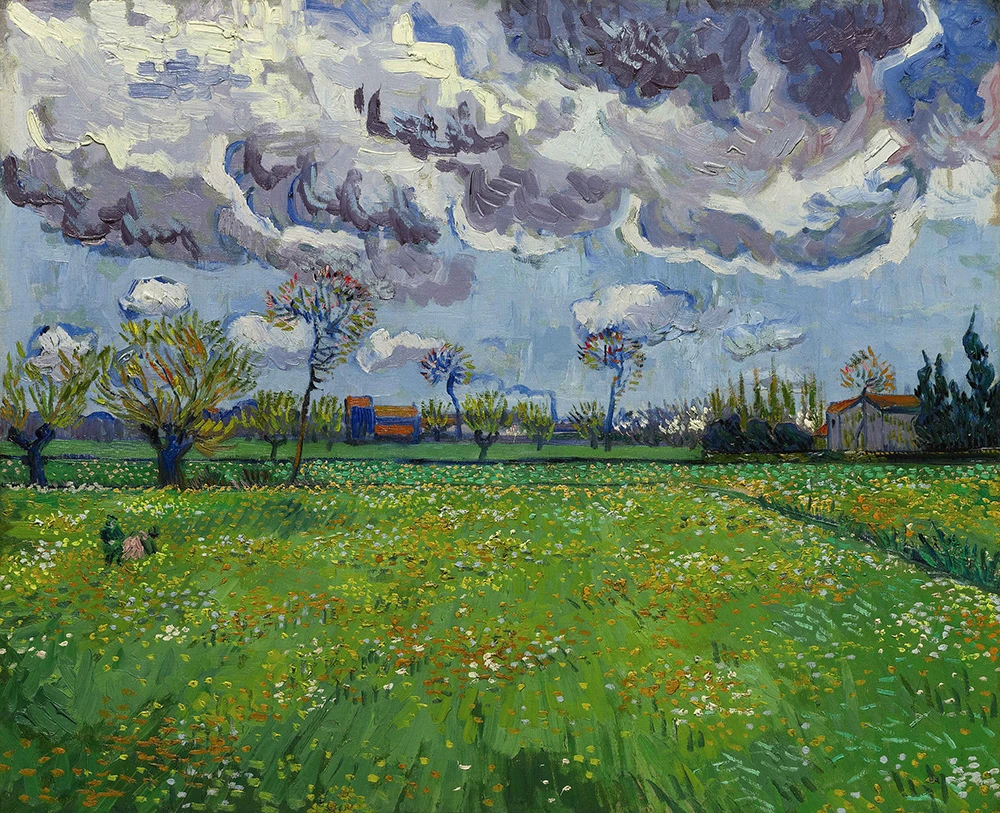Relationships • Breaking Up & Heartbreak
Leaving in Search of a Worse Relationship
Common sense dictates that people leave relationships because they wish, in essence, to find someone better: someone better able to sympathise with them, someone who makes more time for them, someone who can offer them a greater sense of mattering, someone kinder, more talkative, insightful and tender.
But this logical-sounding supposition fails to encompass the full and true range of reasons why people actually to choose to leave relationships. In fact, it leaves out a central and troubling phenomenon: self-sabotage in relationships.
In particular, it fails to acknowledge the highly odd-sounding but routine cases in which someone draws time on a union not because it is too unkind or too neglectful, too cynical or too cold, too vicious or too harsh, but precisely the opposite: because it is somehow too supportive, too gentle, too warm, too nurturing – to an extent that feels alienating, peculiar and, in the end, intolerable. Without ever quite saying so to themselves, let alone their heartbroken partner, a person may decide to leave in search of greater isolation, increased suffering and more intense misunderstanding.

Self-Sabotage in Relationships
Why would anyone choose to quit on such a basis? Because we aren’t – in matters of love – principally drawn to what is good for us; we are drawn first and foremost to what is familiar to us. And for a benighted section of the population, there may be nothing familiar or reassuring whatsoever about sweetness and gentleness.
Some of us will have grown up in households marked by an immense brutality of spirit. There might have been a father who was silent and neglectful and then at other times rageful and uncontained. There might have been a mother who had no time for small sorrows and felt ambivalent about giving a child a more benevolent start than she had enjoyed. Both parents might have taken a greater interest in their work or in a more obviously precocious or ‘easy’ sibling.
From this would have resulted a deep wound that was not amenable to surface reason and that would make subsequent kindness hard to accept. The victim of such parenting would permanently wonder why they were not good enough – and what might be wrong with someone who thought they were. If a lover were to arrive in adulthood and declare this person to be a sweetheart, clever and good-natured, the response might not be trust but disbelief: what had they missed? What was wrong with them for thinking so well of them? How inferior (weak-willed, optionless) they must be not to recognise the truth?
When Kindness Feels Like a Threat
This person might enjoy a few comfortable years with a caring partner, but eventually they would feel that, however pleasant the relationship was, however nice the home they had built, the cosiness wasn’t truly ‘real’. It was lacking a requisite sense of longing and danger, tension and discomfort.
And so, without entirely knowing what they were doing, this person might dynamite years of intimacy to head back out into the dating world (applauded by a select group of friends carefully chosen for their lack of insight and nurture). On a popular app, they might post an array of pictures of themselves that would quickly signal that they were not in the market for intimacy or kindness, that what they were after were especially elevated doses of contempt – that they might, above all, be seeking abandonment and mistreatment.
Meanwhile, the lover they left behind might be weeping every night (and again every morning), never having been given adequate reasons why the relationship had to end (because there were no reasons that made any sense when spelt out) – and now forced to witness their ex being maltreated by random new partners, emotionally or physically, back in exactly the sort of danger they knew in childhood and adolescence.
It would – admittedly – sound beyond odd to say to someone: ‘I must leave you because you are too kind. I want to go out into the world to experience more pain’. But the oddity isn’t any reason why it may not be true. We’ll be starting to understand what a beautifully and appallingly odd species we are when we can recognise such paradoxes of self-sabotage in relationships – and honour them with all the tears and laments they call for.


























